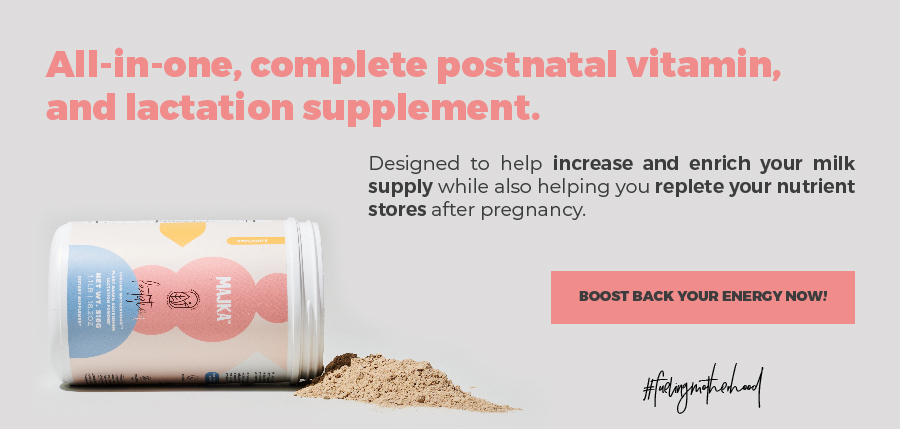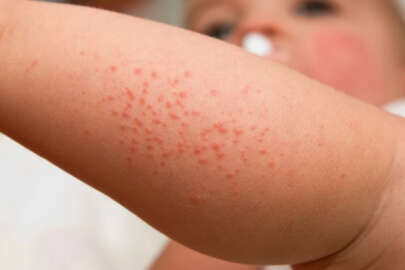
Care and Recovery
Having a plan of action for postpartum care is essential! Forming a care plan allows you to step back and evaluate what is important to you and what is vital for the health of you and your newborn baby. Allowing loved ones or friends to help you during this time can boost your recovery emotionally and physically. In this article, we hope to inform you more on the topic of a postpartum care plan, the ways you can make this transition easier, and what this means for you!
How do you prepare fo r the postpartum phase?
Preparation for the postpartum phase will make recovery and bonding time with your newborn a more relaxed time. Involving your partner, loved ones, or friends in preparations can be a sweet time to make memories and, ultimately, remove any unnecessary stress. Planning for the post-partum period can include: making food, washing baby clothes/blankets, finishing the nursery or bedside bassinet, stocking up on postpartum essentials, organization, house cleaning, last-minute errands/checklists, etc. Now we’ll look at some small lists that can help you prep!
Postpartum preparations:
- Meal/snack prepping, (frozen meals, easy snacks to support milk production/maintain healthy caloric intake, etc.)
- House cleaning, (cleaning all surfaces, washing any last-minute laundry for baby, etc.)
- Stock up on postpartum necessities, (electrolyte drinks, snacks, tucks pads, postpartum soaks, nursing pads, maxi pads or period underwear, comfy clothes, body wash, etc.)
- Last-minute comfort items, (essential oils diffusing, clean bedding, postpartum robe/pajamas, comfy socks, dishes done, etc.)
Important nutrition for the postpartum phase:
- Fluids – water and even some electrolyte-containing drinks
- Soups and Stews – Often given to new mothers in traditional cultures, soups made with bone broth are healing, nourishing, and warming.
- Healthy Fats – Get plenty of healthy fats to keep your omega-3 stores up. These include nuts, avocados, olive oil, and fatty fish.
- Seafood – High in both protein and omega-3s, seafood is great for you and your little one. Aim for lower mercury sources like wild-caught salmon and albacore tuna, freshwater trout, sardines, and wild caught cod.
- Eggs – Eggs are a great option for new moms because there is so much nutrition packed into this super easy and versatile food.
- Meat – Meat is high in those necessary amino acids for tissue repair, as well as iron, zinc, and B vitamins.
- Fruit – Fresh and frozen are both good options.
- Vegetables – choose a variety of veggies, aiming especially for leafy greens, which contain so many of the healing nutrients you need. Cooked vegetables are easier on your digestion than raw vegetables.
- Whole grains – Minimally processed whole grains are great for fighting inflammation, and they give you much needed, lasting energy. They also contain B-vitamins and folate. Oatmeal, quinoa, brown rice, and farro are good options too.
- Probiotic Foods – These foods nourish your gut. yogurt, kefir, kimchi and kombucha are just a few.
- Beans/Legumes – Canned black beans, chickpeas, or other beans and legumes are easy to make and provide much-needed folate, zinc and iron.
- Pre- or Postnatal Vitamin – Keep taking your prenatal vitamin or switch to a postnatal formula to act as a safety net, especially if you are breastfeeding. Your doctor might also put you on an iron supplement for a month or longer to help replenish your stores.
Important reminders during the postpartum period:
- Relax and enjoy this season!
- Remember to fuel your body to better care for you and your baby.
- Bond with your baby! Allow others to help you with house upkeep/food if it is offered. Also, any of the prep you did before baby arrived will relieve any need to worry about this.
- Rest. When baby sleeps, you sleep. Your body needs sleep to help maintain good milk supply, recovery, and overall mental health!
Home birth vs hospital birth recovery?
The type of birth you decide to have will make some difference in the immediate plan of care. Let’s talk about a home birth vs a hospital birth and what each may look like postpartum.
Home birth:
- A midwife will be present for the immediate postpartum period, as well as a doula or any other help you may have received.
- Your birth team will assist you in either a sponge bath or a shower. You will get into clean clothes and settle back in to rest and bond with your new baby.
- The birth team will handle the cleanup (laundry, trash, dishes, or any mess left over from the labor, etc.)
- The birth team or your partner will prepare your first meal/snack postpartum.
Hospital birth:
- An OB/GYN will help with the immediate postpartum cleanup/instructions.
- A birth doula may be present to assist as well.
- The medical staff will help you with a sponge bath or shower after immediate newborn exam/weight and measurements are complete (unless otherwise requested).
- Your partner or the staff will bring you your first drink and snack/meal postpartum.
- Bonding with your baby resumes!
What to expect in the postpartum phase?
Your sweet baby has arrived! Your body will begin the healing process now. Fuel your body to help maintain milk supply, energy, and an overall optimal recovery. You may experience mood swings or slight changes in mood. This is normal as it reflects the hormonal changes taking place in your body! If you notice that you are growing anxious or overly concerned about day-to-day tasks/events, always reach out to your healthcare provider for care. You have been working hard for nine months to create a baby, and now your body is slowly going back to its prior state. You may experience heavy cramping, lethargy, extra bouts of hunger, etc. Be mindful to listen to your body and address it accordingly!
Today we talked about a postpartum plan, how different births may cause this phase to vary, and the importance of listening to your body to ensure you have the best postpartum outcome possible!
In Breastfeeding 101, we hope this article helps you to know more about post-partum plans and how to form them. We invite you to follow our content to learn more about your birth and post-partum.
In the following, we share with you some sources that made this article possible so you can deepen more on this topic:
Avery Reckers






